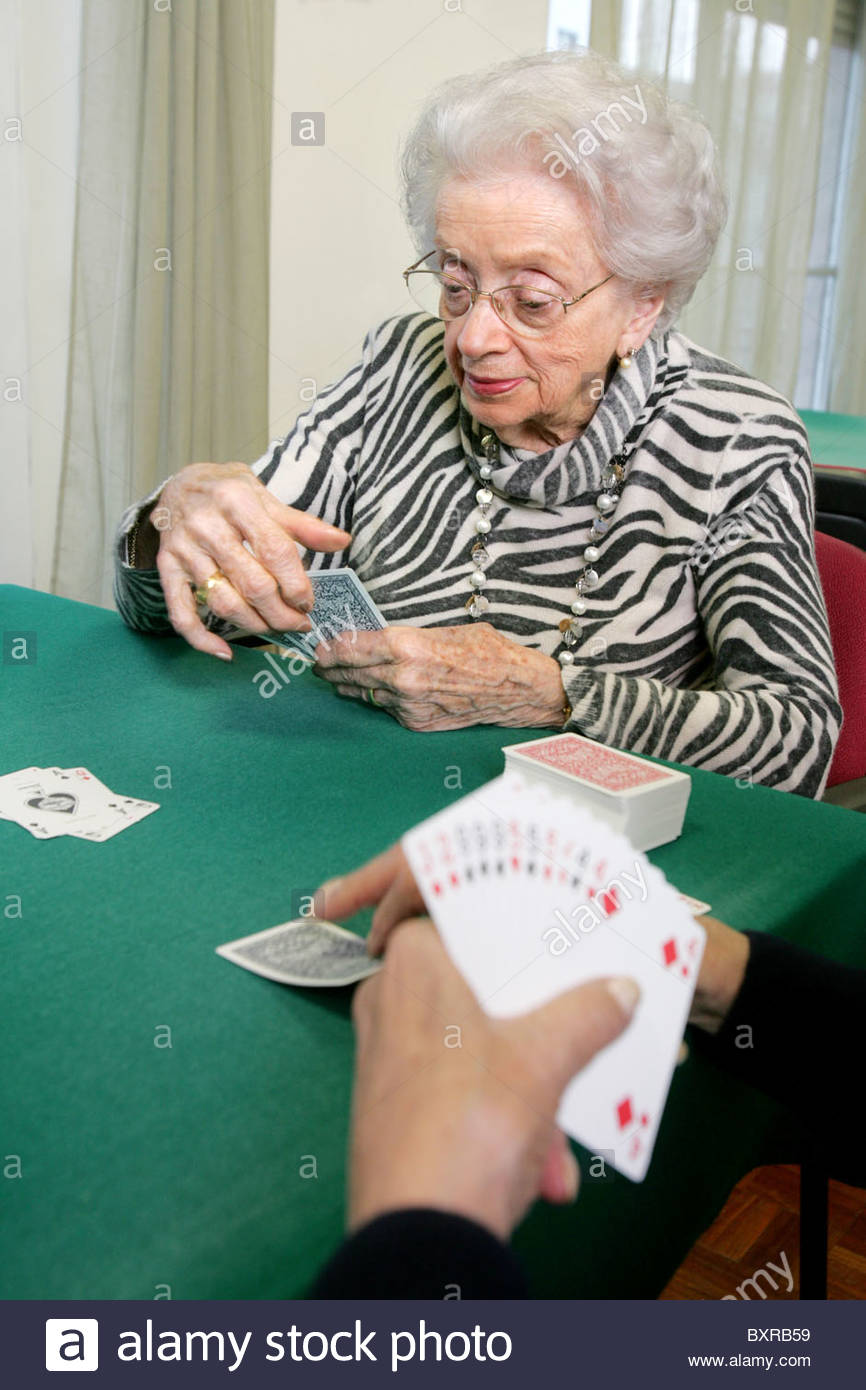My Mother and Old Age

My mother is 87 years old. She lives in Ste. Anne, Manitoba, 40 kms east of Winnipeg. I live in Montreal and so I do not see her often. Thankfully, I have 4 siblings who live near her. I have another sibling who lives in Québec.
My mother is not well. She is truly getting old. At the end of June, I received an email from my sister and another from one of my brothers expressing their concern for my mother.
Although her health has never been great (she has suffered from bi-polar most of her life, diabetes for the last few decades, heart weakness the last 10-15 years, gradual hearing loss for probably 20 years), it has taken a turn for the worst.
On June 26th, this is what my brother Lionel wrote: “I went to see Mom yesterday, and it was hard to see her. She was lying down. Her breath was labored, like she was struggling to breathe. After a few minutes, I woke her up (she was happy to be woken up). Sitting on her bed, she tried to slide her two feet over to her chair. It took all she had to do that. She was exhausted. She can no longer use her walker to get to the dining room. Someone takes her in a wheelchair.
When we played crib, she seemed to find it strenuous. Her thinking is less clear when she plays: a little more difficulty counting her points and moving her peg forward. The nurses are going to ask the doctor if her medications can be adjusted because right now her quality of life is not good. She has no strength. But there is one thing for sure. She always looks much better at the end of the visit. She told me very clearly last week; “Our visits keep her going”. She loves our visits.”
My mother has not aged gracefully. Although it is partly due to her health problems, she has also carried a chip on her shoulder for a good part of her life that she has carried over in her old age.
And so, once again I am called to have compassion for someone whose attitude or actions make it difficult to do so. You may recall that I have written a few blogs about compassion.
As I am writing this, I realize (again) to what extent I am so much like the older brother in the Prodigal Son Parable. Judgemental, resentful, holds grudges and little compassion – the opposite of the Father who embraces the Prodigal Son and invites the elder son to the celebration.
It is easy to have compassion for someone who seems “deserving”: the elderly person who asks for help politely, the woman who is struggling with her two young children after the sudden death of her husband, the family that lost their home to fire.
It is not as easy to have compassion for someone who seems “undeserving”: the cantankerous old codger who swears at the staff in the nursing home, the bully who takes pleasure in pushing others around, the alcoholic who abuses his children.
But God has compassion for the “undeserving” as much as the “deserving”. God knows them more than they know themselves. God knows their pain. God suffers with them. God embraces them and invites them in.
God is holding my mother right now. I truly believe that. As she struggles through her pain and probably the last stages of her life, God is embracing her.
As Henri Nouwen puts it in his book about the Prodigal Son Parable, we are all called to move beyond the sons in the story and become the Father. And so, even though I cannot be with my mother right now, I will pray for the grace of compassion and hold her in my heart and mind.




Pauline Mary Theresa Lally
Posted at 11:38h, 30 AugustWhat a wonderful and honest reflection. Thank you, Norbert!
Peter Bisson
Posted at 01:15h, 01 Septemberthank you very much Norbert!